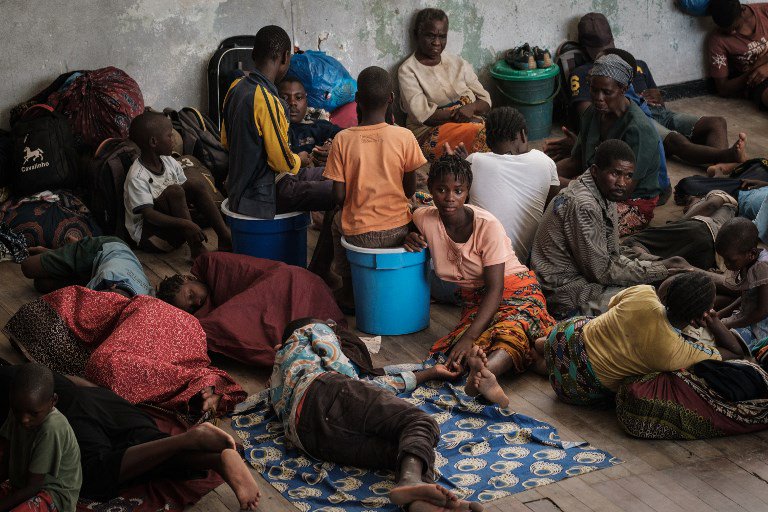The European Union has provided a helicopter to support the relief efforts in the Eastern Highlands following the devastating impact of Cyclone Idai earlier this month.
The helicopter (Mi-8AMT), operated by the World Food Programme (WFP), started its mission this morning from Mutare. It can transport up to three metric tons or 19 people and will connect responders with cut-off and hard-to reach areas of Chimanimani and Chipinge.
This enables transport of necessary relief items (NFIs), but also personnel and injured people for a period of approximately three weeks. The helicopter will be at the free disposal of about 20 humanitarian organisations, and will do about five rotations per day.
EU Ambassador Timo Olkkonen, who will visit the affected areas on Wednesday this week, said: “We believe that this helicopter will make a crucial difference to the difficult relief operations currently underway. The humanitarian teams are now able to reach the victims in the most remote areas, supply them with relief items, including medicines, shelter kits and hygiene packs, and to assist the medical evacuation where needed. Flying into the affected areas will also help us gathering a better picture of the
extent of damage and devastation and to coordinate further assistance.”
The helicopter’s cost of EUR 250.000 is covered from the EUR 3.5 million that the EU’s humanitarian arm, ECHO, has provided for relief operations in Mozambique, Zimbabwe and Malawi. EU support is already on the ground through ongoing EU-funded projects, such as the Health Development Fund, which just earmarked an additional USD 600000 for crucial medication, and the Zimbabwe Resilience Building Fund.
Beyond that, the EU’s Earth Observation Programme, Copernicus, provides Emergency Satellite Maps to gather updated information and assess the impact of Cyclone Idai, which will assist not only the relief mission, but also the EU in determining what additional support will be needed.






